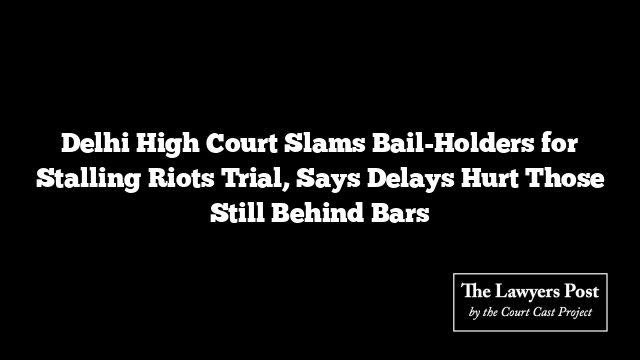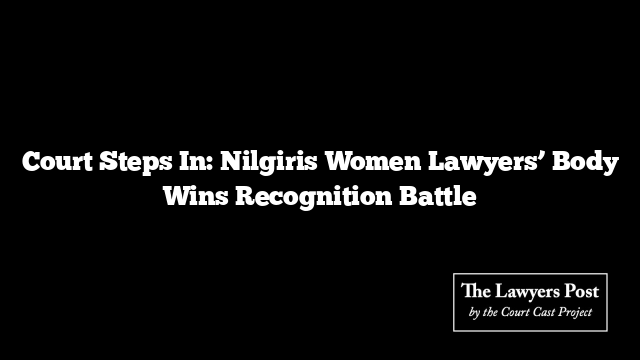In a pointed rebuke, the Delhi High Court has said that the real reason behind delays in the Delhi riots conspiracy trial lies not with the police or the trial court but with those accused who are already out on bail. According to the Bench, their repeated attempts to postpone charge arguments are dragging the case and punishing the ones still lodged in prison.
The Division Bench of Justices Subramonium Prasad and Harish Vaidyanathan Shankar observed that while 18 individuals stand accused in the case, six—including Asif Iqbal Tanha, Devangana Kalita, Natasha Narwal, Safoora Zargar, Faizan Khan, and Ishrat Jahan—are free on bail. Yet, instead of moving forward, they have been accused of using the “pending investigation” argument as a tactic to prolong proceedings.
“Those who secured bail are delaying arguments on charge at the cost of those still incarcerated,” the judges remarked, noting that even when the trial court urged counsels to organize the sequence of arguments, no consensus was reached.
Rejecting the bail plea of accused Tasleem Ahmed, who remains in jail, the Court ruled that prolonged custody alone cannot justify bail if case materials weigh against the accused. It emphasized that bail under the stringent UAPA cannot be granted simply on the ground of delays—especially when those very delays are linked to the defense’s own conduct.
The order underscored a principle: speedy trial is a constitutional right, but that right cannot be manipulated by simultaneously dragging the case and then using delay as a ticket to bail.
On the same day, another Bench of the High Court denied bail to Umar Khalid, Sharjeel Imam, Shifa Ur Rehman, Gulfisha Fatima, and several others linked to the case, signaling the judiciary’s firm stance on the matter.





